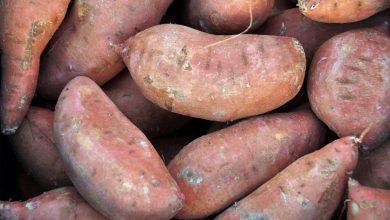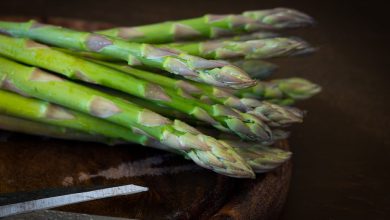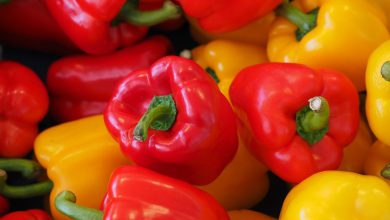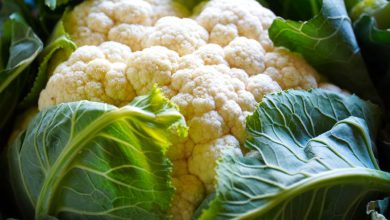Can Bearded Dragons Eat Grapes?
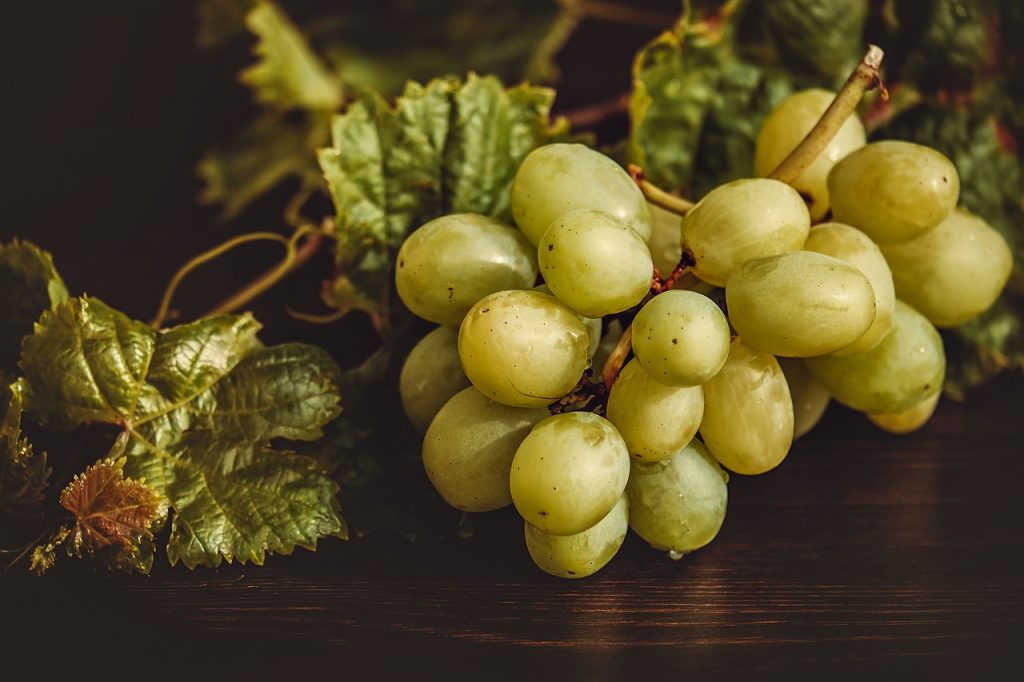
Feeding your bearded dragon correctly is crucial to their long-term health. Central to this is to offer as wide a variety of fruits and vegetables as possible, alongside some live feeder insects.
While bearded dragons can eat a range of different foodstuffs, in this article we’re going to specifically answer the question as to whether bearded dragons can eat grapes.
The simple answer is that bearded dragons can indeed eat grapes as part of their diet.
It is advisable that grapes fed to your bearded dragon should be chopped finely to prevent the risk of choking. Grape seeds, if present, should be removed for the same reason.
Due to their higher sugar content, however, fruit like grapes should only make up a small part of your bearded dragon’s overall diet, with leafy greens and other low-sugar plant materials making up the majority.
Do You Have to Peel Grapes for Bearded Dragons?
No, you don’t need to peel grapes for bearded dragons.
If it’s a small amount of grapes, then you can chop them up and feed them to your bearded dragon without peeling them.
However, if your bearded dragon is going to eat a large amount of grapes (i.e. more than one or two), then it’s best to peel them first before feeding them to your bearded dragon.
Can Bearded Dragons Eat Grapes Everyday?
Bearded dragons can eat grapes everyday.
They tick many of the ideal boxes in a bearded dragon’s diet. They are considered very low in oxalates and have a moderate calcium:phosphorus ratio of roughly 1.3:1. Grapes are also considered low in fat, cholesterol and sodium.
If there is a downside to grapes it is that, as a fruit, they are high in sugar.
If you regularly feed grapes to your bearded dragon, therefore, it is a good idea to combine them with low sugar foods such as cruciferous vegetables and greens to even up this potential imbalance.
To avoid the risk of too much sugar, which can lead to obesity in some bearded dragons, many caring owners instead decide to feed them less regularly as a treat rather than as a staple part of the diet.
Can You Feed Grapes to Juvenile Bearded Dragons?
Yes, you can feed your juvenile bearded dragon grapes. You should however of course be mindful that bearded dragons generally require a higher proportion of live feeder insects in their diet, and a smaller proportion of plant matter.
Young bearded dragons are normally fed less plant material than adults, so it’s important to make sure this counts. There are, sadly, more nutrient-dense foods available that are less likely to cause harmful weight-gain.
So while juvenile bearded dragons can and do eat grapes, they are best thought of as an occasional treat.
It goes without saying that grapes fed to young bearded dragons should be very finely chopped to prevent risk of choking.
How Often to Feed Grapes To a Bearded Dragon
There is no “definitive” answer to how often you should feed grapes to your bearded dragon.
Due to their high sugar content grapes should only be fed to bearded dragons once or twice a week at most.
Feeding your bearded dragon grapes less frequently is not a problem, however. Indeed, there are many perfectly-healthy bearded dragons which rarely if ever eat grapes.
When feeding grapes to your bearded dragon it is important to ensure a balanced, varied diet at all times. It is a mistake to feed just one single food item.
Instead your bearded dragon should be provided with a nutritious “salad” that comprises a range of different vegetables and fruits. Live feeder insects also have a part to play, as do supplements that provide additional calcium.
Feeding a varied diet like this ensures your bearded dragon consumes a wide range of nutrients. As a result, vitamin or mineral deficiencies become far less likely.
It’s best to feed your bearded dragon with grapes once a week. However, it’s important that you remove the seeds from the grapes first before feeding them to your bearded dragon. This is because they can cause intestinal blockages in bearded dragons.
Can Bearded Dragons Eat Grapes With Seeds?
Grape seeds are not considered toxic to bearded dragons, but they present a choking threat.
Some experts also claim that grape seeds can cause blockages in the digestive tract. Such blockages can be painful or even potentially life-threatening for your beardie.
It is best to remove grape seeds before the fruit is fed to your bearded dragon.
Doing so should be simple enough; either buy seedless grapes, or slice seeded grapes in half and squeeze out the seeds.
Beneficial Nutrients Found in Grapes
Grapes are a rich source of many beneficial nutrients for your bearded dragon. These nutrients include:
- Vitamin C
- Vitamin E
- Magnesium (Mg)
- Potassium (K)
Grapes are also a good source of fiber. Fiber is essential to the healthy development of your bearded dragon’s intestines and helps to prevent constipation.
Lastly, grapes are rich in antioxidants. You may have heard of a chemical known as “resveratrol” which is the reason some doctors suggest the odd glass of wine might actually be good for you.
These antioxidants are produced by the grape vine to protect the fruit from sun damage. However the same antioxidants may also benefit your bearded dragon when consumed.
Reasons Not to Feed Grapes to Your Beardie
Generally speaking, feeding grapes to your bearded dragon from time-to-time is unlikely to cause too many problems.
They contain a reasonable amount of calcium.
The oxalate levels – which can affect how effectively your beardie absorbs calcium – are considered low. They have very little fat in them.
As a result grapes are far from the worst food to give your bearded dragon.
There are, however, a few reasons why you might want to think twice before feeding grapes to your bearded dragon…
High Sugar
If there’s one word most of us could agree on to describe grapes it’s “sweet”. Of course, grapes are sweet because they contain a lot of sugar. High sugar foods are best fed to bearded dragons in moderation because they are so energy-dense.
A bearded dragon given high levels of fruit to eat is at risk of putting on weight. Obesity is a real threat for captive bearded dragons, and can lead to a variety of health problems, not to mention potentially shortening their lifespan.
Low Protein
Only around 4% of the calories contained within grapes is protein. While this is seldom a problem in larger dragons fed a balanced diet, it can be more of a concern for younger bearded dragons. As with all young animals, baby bearded dragons go through an intense period of growth, and protein is a central theme in this growth.
Blockages/Impaction
It is claimed that grape seeds can cause digestive problems in some bearded dragons. Whole grapes may also represent a choking hazard for bearded dragons. Fortunately the solutions here are reasonably simple; finely chop any grapes you give your bearded dragon and ensure any seeds are removed.
How to Feed Grapes To Your Bearded Dragon
Grapes should be fed to your bearded dragon in moderation. Grapes should be fed once or twice a week, and not on a daily basis.
Preparing grapes for your bearded dragon is quite simple. Just follow these steps to ensure a safe and balanced meal:
Wash – Start off by washing the grapes to remove any pesticide residues. Bonus points here if you can find organic grapes for sale, or grow your own at home. Growing your own grapes will also save you money over the long term too of course.
Slice – Finely slice or chop the grapes. This serves two purposes. Firstly it allows you to remove any seeds. Secondly, it makes the grapes easier to eat for your bearded dragon. Both will cut down the risk of choking. It goes without saying that the grapes should be cut into smaller pieces of smaller dragons.
Combine – Feeding only one foodstuff risks vitamin and mineral deficiencies in bearded dragons. Variety is key. So combine the grapes with other food stuffs to create a “salad”. As grapes are high in sugar, it can be a good idea to include other plant material that is low in sugar to balance this out.
Supplement – Many bearded dragon owners use a calcium supplement on their pet’s food. This normally comes in the form of a powder, which can be lightly sprinkled across the top of the food. Follow the manufacturer’s advice in terms of volume and frequency of supplementation.
Sale

Fluker’s Calcium Powder for Reptiles – Premium Reptile Calcium Powder with Added Vitamin D3, for Strong Healthy Bones and Vital Functions – Ideal for Lizards, Snakes, Turtles, Frogs – Made in USA – 4oz
- Premium Calcium Powder: Top-tier bearded dragon calcium powder, specially formulated for lizards, snakes, turtles and frogs. It ensures strong, healthy bones and vital bodily functions.
- Essential Reptile Accessories: Part of the essential reptile accessories needed for the optimal health of your reptile. It offers a proper balance of essential nutrients at any stage of life.
- Repti Calcium with added D3: Fluker’s is not just repti calcium, but a calcium supplement for reptiles with added Vitamin D3, perfect for indoor reptiles such as leopard gecko calcium requirements.
Feed – Feed the salad to your bearded dragon. It is normally best to do this in a food bowl. This keeps the vivarium clean, as there is less chance of grape juice being dribbled around. Just as importantly, it ensures the food remains clean, preventing your bearded dragon from accidentally ingesting any bits of substrate.
Remove – Lastly, don’t forget that fresh food like grapes should be removed before it spoils. Under the intense lighting of a bearded dragon cage, grapes can quickly turn, and may develop mold quickly. Remove the bowl of food before this happens.
